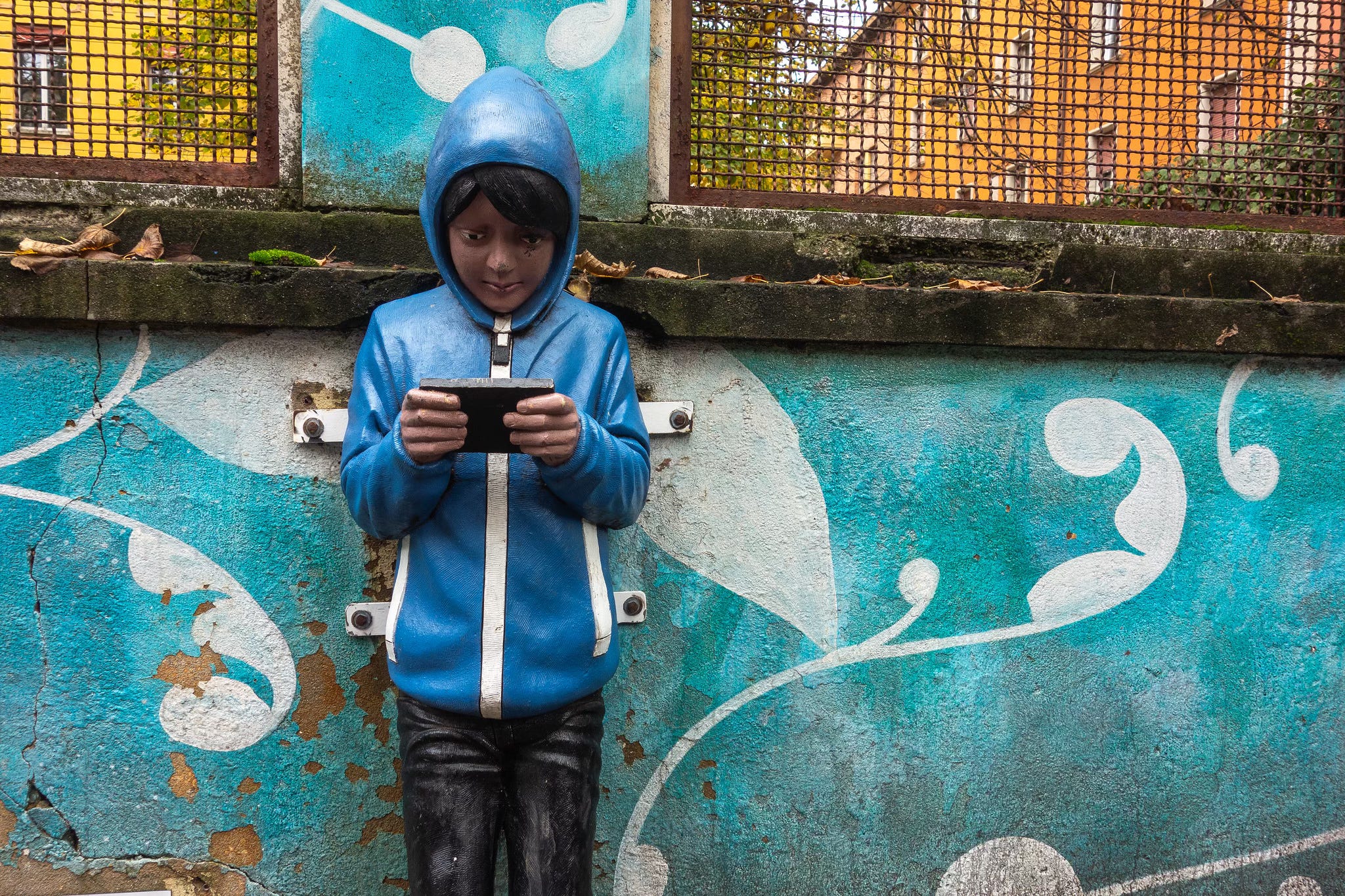What if we looked up
#351
My Dear Friend,
How do we save democracy?
By looking up from our digital devices, stepping out of our bubble and getting curious.
What if we only believe we live in a polarised world (like 62 per cent of Europeans think)?1 What if this thinking is just the result of a changed perception because we spend too much time online, too much time on social media, where we are primarily shown things that polarise us? What if polarization is perceived rather than actually occurring?
There is a good reason why the thinking of increasing polarisation is wrong.
Science knows that people's attitudes toward values change very slowly. And without fundamentally changing diverging attitudes, there can be no increasing polarisation.2 Because that is exactly what polarisation means, that people are drifting apart in their opinions, right?
So, if the increase in polarisation is only perceived as a result of growing media consumption and the digitalisation of our lives, then we can counteract this misperception by meeting people not digitally but in real life. By getting curious and seeking real-life interactions beyond our bubble.
Science also knows that when we meet people in real life, we listen more and are less quick to make negative judgments. Plus, it is easier to disagree in real life, yet still have civil conversations.
That's exactly what democracy needs. Working together, finding compromises, even when we don't fully agree.
See you in Democracy,3
Johannes
Edelman. (2023, March 21). Europeans are increasingly polarized and pessimistic about their futures: Trust in government falters. Edelman Belgium.
Muis, Q. (2024). Who are those people? Causes and consequences of polarization in the schooled society. Open Press Tilburg University.
I took the photo above in Bologna, Italy, on 27 October 2024.


